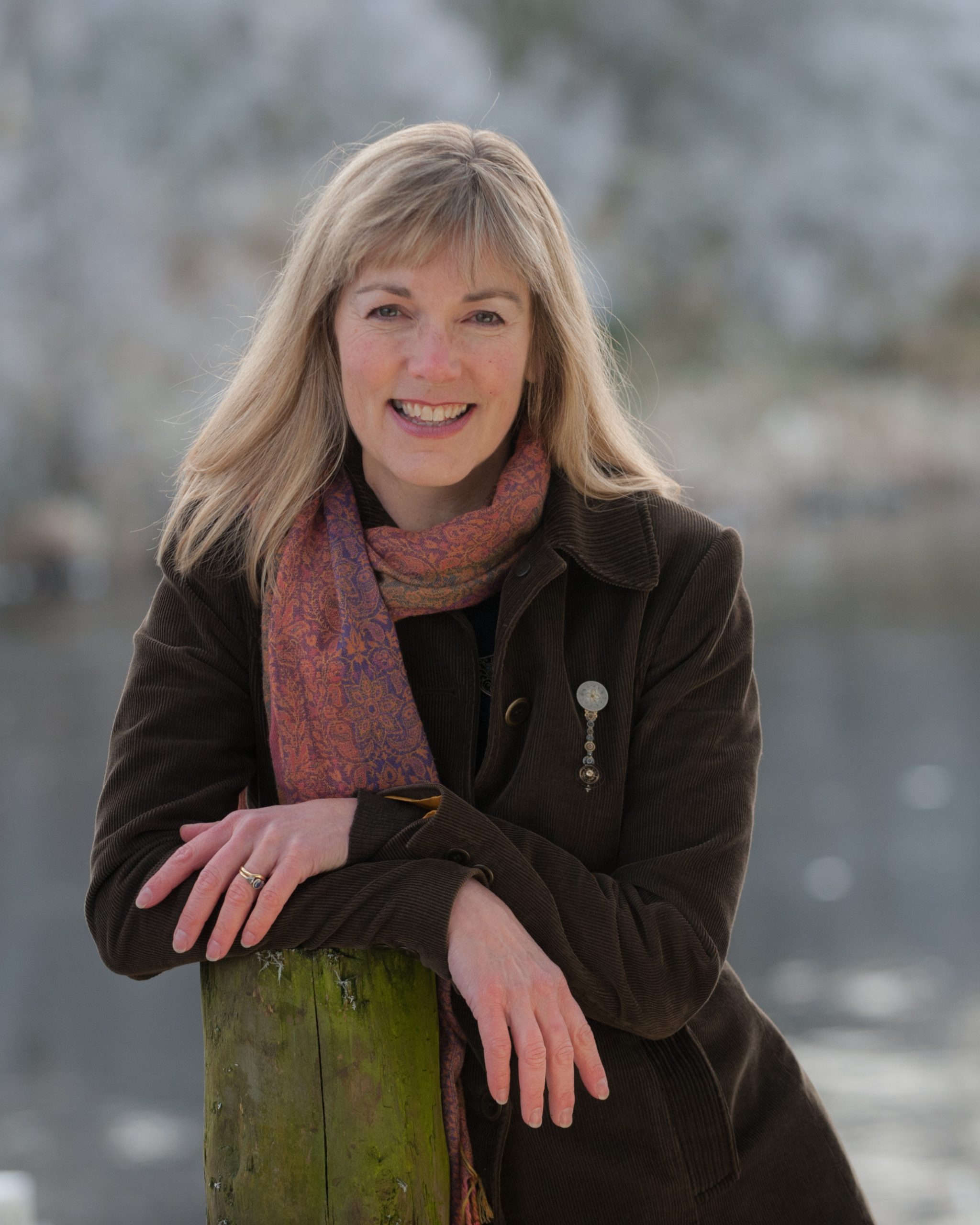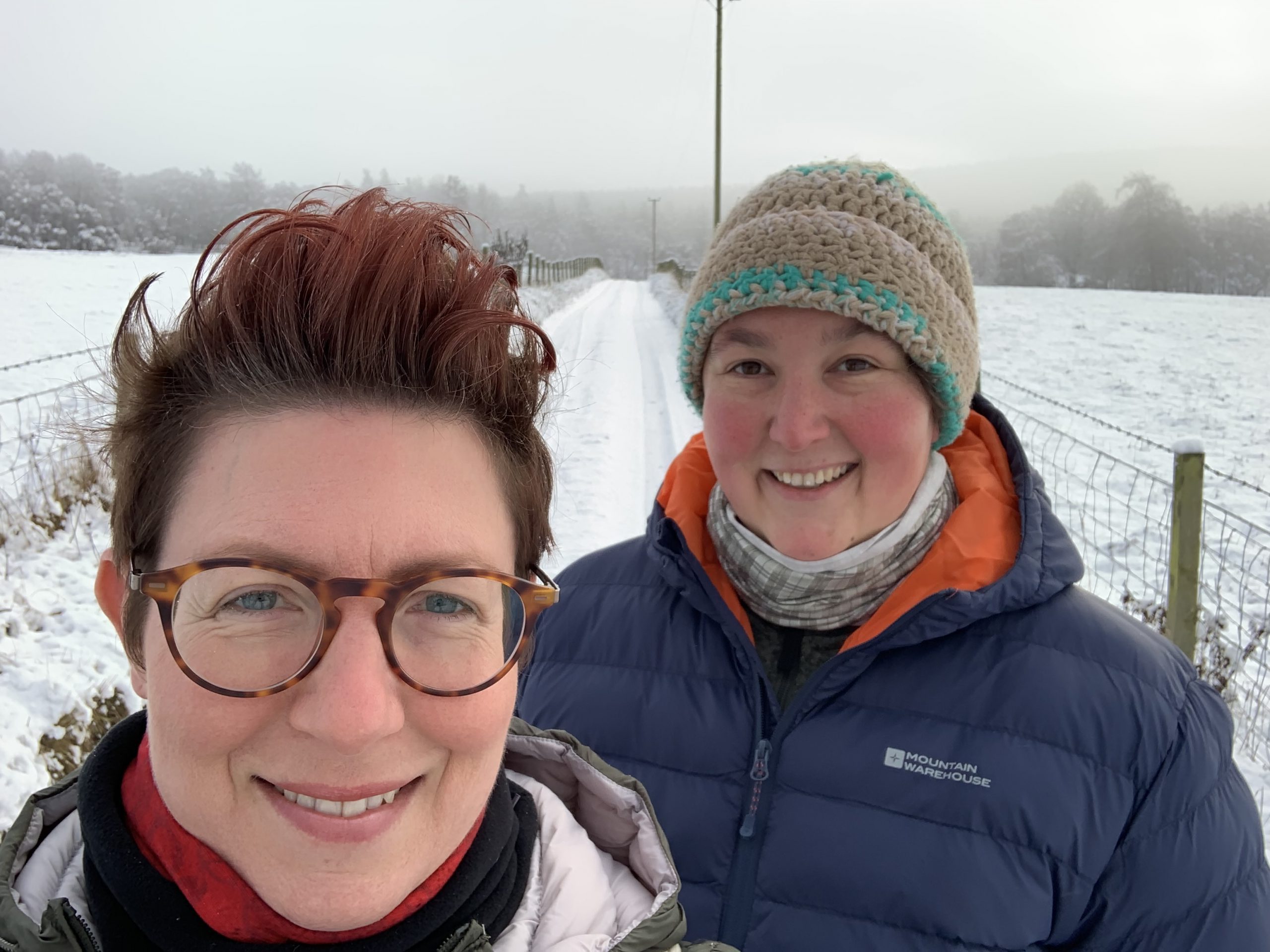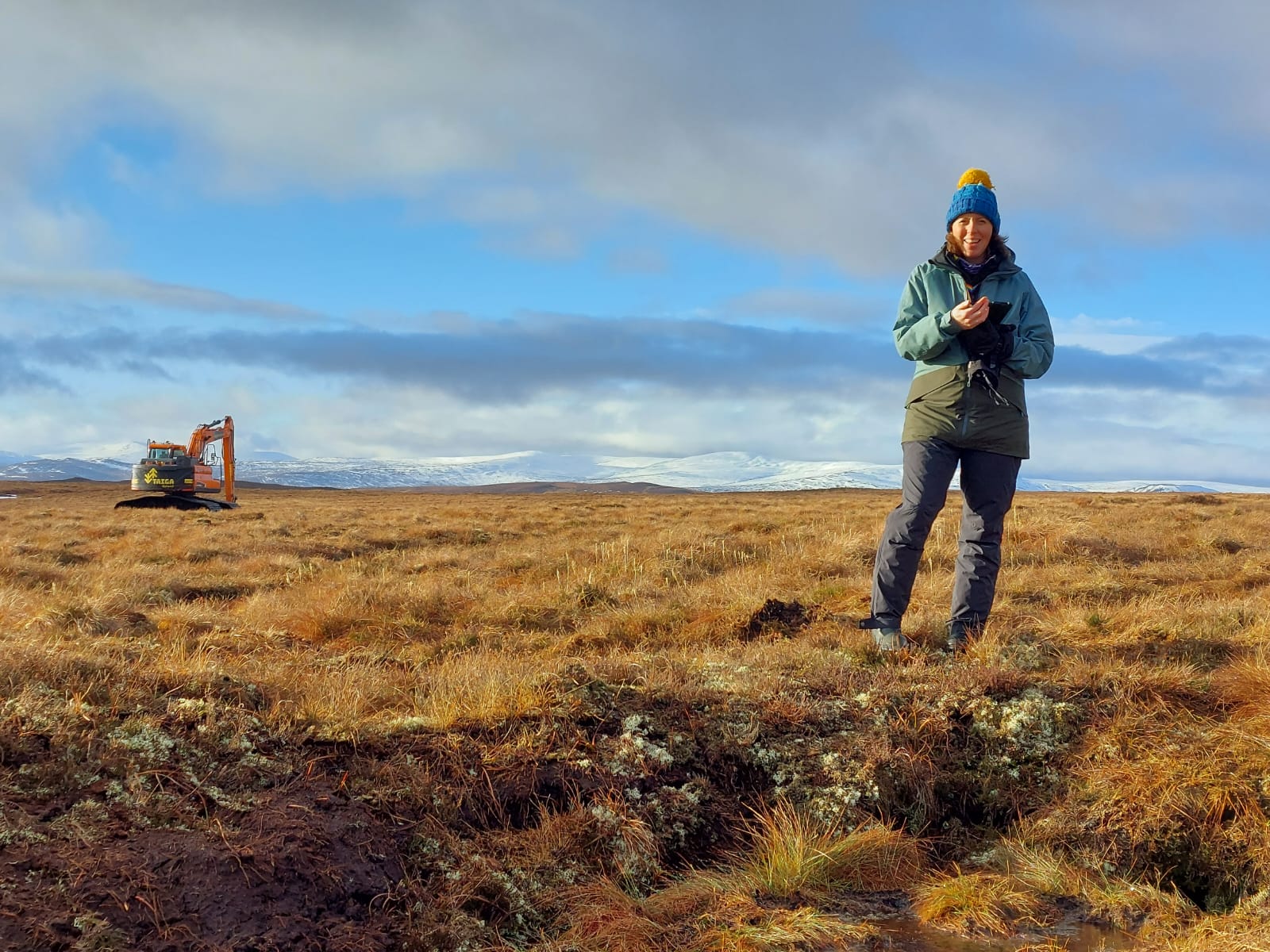International Women’s Day: Merryn Glover on remembering Nan Shepherd
As part of International Women’s Day, Merryn Glover celebrates the legacy of Nan Shepherd and explores how it led her to write her latest book, The Hidden Fires: A Cairngorms Journey with Nan Shepherd, where she responds to Shepherd’s nature writing classic ‘The Living Mountain’.
Merryn writes fiction, drama, poetry and journalism. In a life spent crossing cultures, she was brought up in South Asia, went to University in Australia and has called Scotland home for nearly 30 years. Her award-winning second novel, Of Stone and Sky, is set in the Cairngorms where she now lives. Merryn was the first Writer in Residence for the Cairngorms National Park in 2019 and is a regular contributor to the Guardian Country Diary. Also a workshop-leader and storyteller, Merryn is co-host with Hamish Napier of the Storylands Sessions, a series of music and word events in Badenoch.
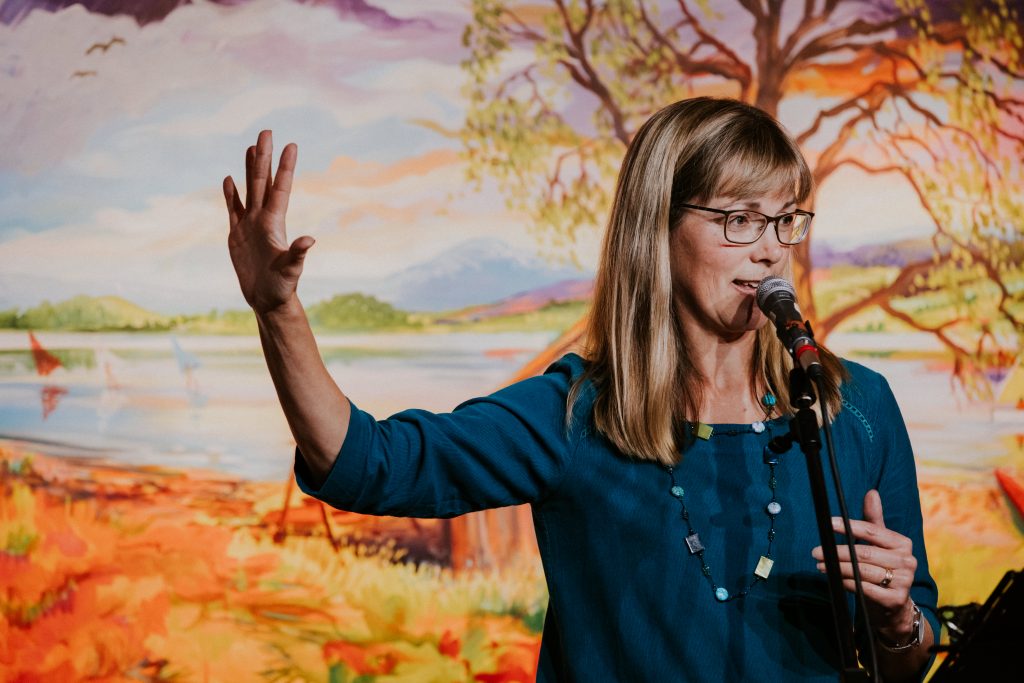
Words by Merryn Glover
International Women’s Day is a good opportunity to remember Nan Shepherd and celebrate her legacy. She was an Aberdeenshire author and at the time she published her three modernist novels and poetry collection, in the late 1920s and early 1930s, she was a respected voice in the Scottish literary renaissance. But by the end of WW2, when her profound hymn to the Cairngorms, The Living Mountain, was finished, it was rejected by one publisher and put away. Her reputation and readership slowly waned, so that when she self-published it in 1977, the book earned some good reviews but not much attention. She was 84 years old and died four years later with hundreds of copies still in boxes.
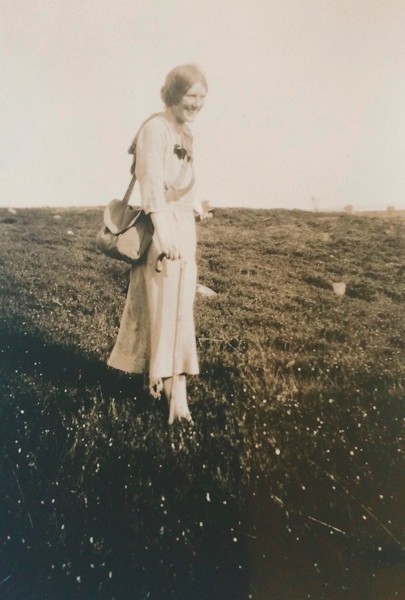
But she is evidence of how much our lives can give, even after death, and of the power of art to resonate across time and place. Her work has gradually regained recognition until now, The Living Mountain is hailed as one of the finest works of nature writing published in Britain, with translations in over 16 languages and countless devoted readers around the world. But more significant than the numbers is the depth of meaning found in her work: far more than just a book about the life of nature, it is a meditation on the nature of life, and that is why all kinds of people have heard it speak to them.
And that is what I heard, too, and why I wanted to respond. Like Shepherd, my love of mountains is as old as my memory, but the ground of my childhood was the Himalayas.
I discovered the Cairngorms for the first time in my early twenties and only with greater exploration after moving to this area in 2006. And so, in the words of Shepherd, ‘my journey into an experience began.’
It was first an experience of the mountains themselves and then intensified when I discovered The Living Mountain. My book, The Hidden Fires: A Cairngorms Journey with Nan Shepherd, follows her footsteps and her writing as I chart my very different pathway and reflect on how she and I intersect and diverge, as walkers, as writers and as women.
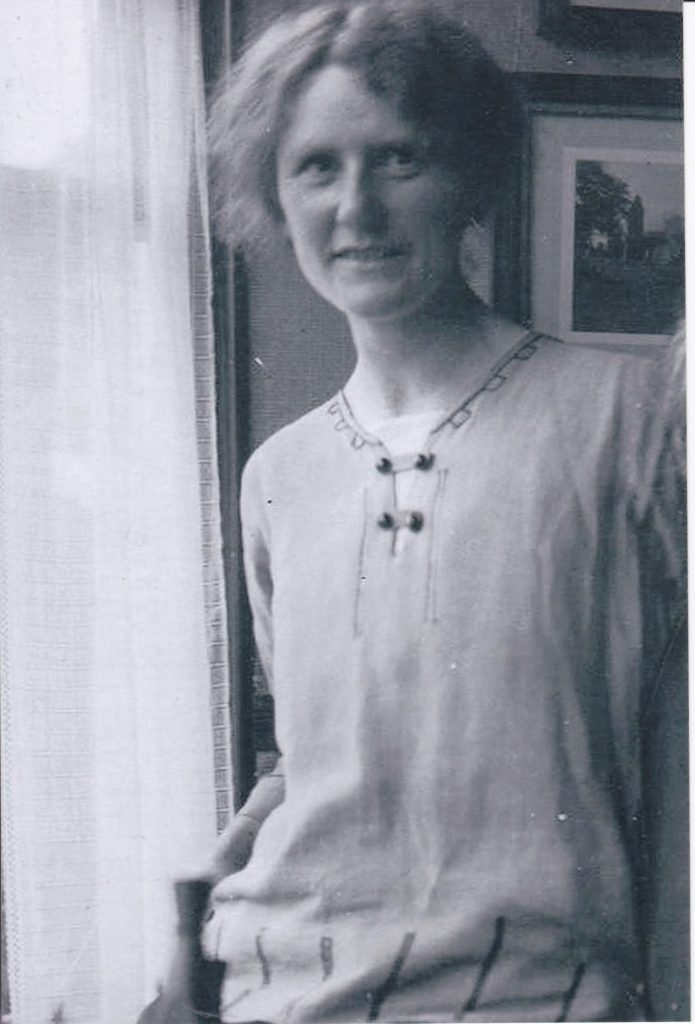
She was a remarkable woman in so many ways: in her independence of mind, her literary bravery and her hardy embrace of the Cairngorms, whose dangers she knew all too well.
There has been much discussion about her as a feminist icon, though it was not a term she applied to herself, nor did she comment on sexual politics or gendered experience in The Living Mountain. As I observe in The Hidden Fires, “Probably her most powerful statement about the independent agency of women… was her walking the Cairngorms – particularly alone, which was rare at the time – casting convention and her clothes to the wind, and being so captivated by the experience that she didn’t even think about gender. Or if she did, she couldn’t be bothered to mention it.”
And isn’t that what we ultimately want? For women to be free to walk this earth and to find their own path across it – or even ‘the unpath’, as Shepherd called it.
